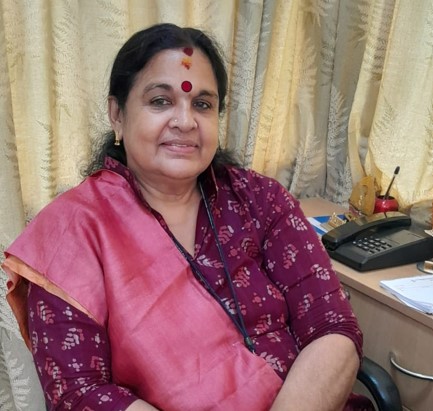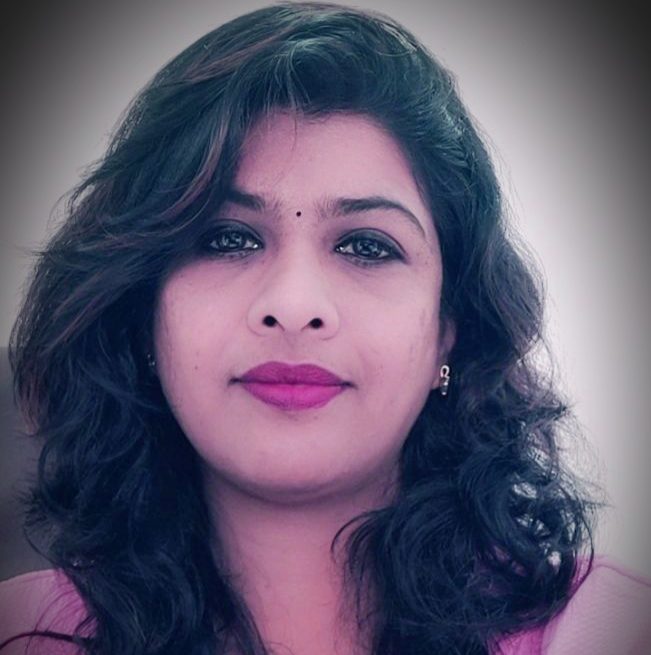Anxiety: A feeling of worry, nervousness, unease, a strong desire or concern to do something or for something to happen. Anxiety is a nervous disorder marked by excessive uneasiness and apprehension, typically with compulsive behaviour or panic attacks.
Ordinary anxiety is a feeling that comes and goes but doesn’t interfere with your everyday life. But if your feelings of anxiety are extreme, experiencing it for a while and is interfering with your life, you may have an anxiety disorder.
This type of anxiety may cause you to stop doing things you enjoy. For example, it may prevent you from entering an elevator, crossing the street, or even leaving your home in extreme cases. If left untreated, the anxiety will keep getting worse.
It’s difficult to pinpoint the exact cause of anxiety. But it’s likely that a combination of factors play a role. The causes of anxiety may include:
- Stress
- Other medical issues such as, depression or diabetes
- Hereditary
- Environmental concerns such as child abuse
- Substance use
- Situations such as surgery or occupational hazard
Anxiety disorders are the most common form of emotional disorder and can affect anyone. But as per survey, women are more likely than men to be diagnosed with anxiety disorder.
Anxiety is a vital part of several different disorders. These include:
- Panic disorder: This means you experience recurring panic attacks at unexpected times.
- Phobia: This is an excessive fear of a specific object, situation or activity.
- Social anxiety disorder: This is an extreme fear of being judged by others in social situations.
- Obsessive-compulsive disorder: This means you have recurring irrational thoughts that lead you to perform specific, repeated behaviors.
- Separation anxiety disorder: This means you have a fear of being away from home or your loved ones.
- Illness anxiety disorder: This is anxiety about your health.
Anxiety in children is natural and expected. As children grow up, usually they outgrow the worries and fears they felt during their younger days. Some of the symptoms include:
- If they are afraid to be away from their parents
- Exhibit extreme fear, anger or irritability
- Headaches, trouble sleeping, feeling fatigue, and other anxiety symptoms that interfere with their day-to-day lives
Anxiety in children can also become chronic, persistent and uncontrolled leading them to avoid interacting with their peers or family members.
Teenagers may have many reasons to be anxious. Tests, college visits and first dates all pop up in these important years. But teenagers who feel anxious or experience anxiety symptoms frequently may have an anxiety disorder.
Symptoms of anxiety in teenagers may include nervousness, shyness, isolationist behaviors and avoidance. Likewise, anxiety in teens may lead to unusual behaviors
For example, they may act out, perform poorly in school, skip social events, and even engage in substance or alcohol use.
Anxiety feels different depending on the person experiencing it. Feelings can range from:
- Restlessness, butterflies in your stomach to a racing heart
- A general feeling of fear and worry, or you may fear a specific place or event
- In some cases, one may experience a panic attack
- Anxious thoughts or beliefs that are difficult to control, like there is a disconnect between your mind and body
- Trouble concentrating and difficulty falling asleep
- Fatigue, irritability or unexplained aches and pains
Physical symptoms:
- Dizziness
- Tiredness
- Heart palpitations
- Muscle aches and tensions
- Shaking
- Dry mouth
- Excessive sweating
- Stomach ache
- Headache
- Insomnia
Your anxiety symptoms might be different from someone else’s. So it’s essential to know how anxiety can present itself.
Anxiety disorders can be treated, even in severe cases. At Mindscape we specialize in CBT.
Cognitive Behavioral Therapy is the most widely-used therapy for anxiety disorders among children, teenage and adults. It is effective in the treatment of panic disorder phobias, social anxiety disorder and generalized anxiety disorder, among many other conditions. CBT looks into negative patterns and distortions in the way we look at the world and ourselves. It has two main components:
1. Cognitive therapy examines how negative thoughts or cognitions, contribute to anxiety.
2. Behavior therapy examines how you behave and react in situations that trigger anxiety. The basic concept of CBT is that our thoughts, and not external events that affect the way we feel. Therefore, it’s not the situation you are in that determines how you feel, but your perception of the situation.
- Our therapy sessions can help you uncover the underlying causes of your worries and fears; learn how to relax; look at situations in new, less frightening ways; and develop better coping and problem-solving skills. Hence, you get relief from depression, anxiety or other mental health conditions.
- Therapy can help you overcome the need to avoid a trigger and how to manage it. Hence, better expression and management of emotions, including anger, increased confidence and decision-making skills.
- To understand them and suggest ways of dealing with those situations. Our sessions help to slow down the physical response that causes anxiety and ways to overcome your anxiety.
Although anxiety usually doesn’t go away, you can learn to manage it, lower your anxiety levels, calm your mind, and overcome your fears and live a happy life.
Write in to us at info@mindscapecareer.com or contact us at 0471–2339483 (between 10 am to 4 pm) or 9778188980 / 7907113827 (between 10 am to 7 pm).
Specialists

Rashmi Ranjan
Qualification : MA Applied Psychology, MPhil (Learning Disabilities)
Experience : 6+ years
Charges : Rs. 750 per hour

Lekshmi Bhaskar
Qualification : MSw, PGD Counselling Psychology
Experience : 20+ years
Charges : Rs. 900 per hour

Dr. Srividhya
Qualification : PHD Psychology
Experience : 26+ years
Charges : Rs. 1000 per hour

Pragila
Qualification : MPhil Clinical Psychology
Experience : 2 years
Charges : Rs. 750 per hour

Ardhra J.S.
Qualification : MSc. Clinical Psychology
Experience : 3 years
Charges : Rs. 750 per hour



